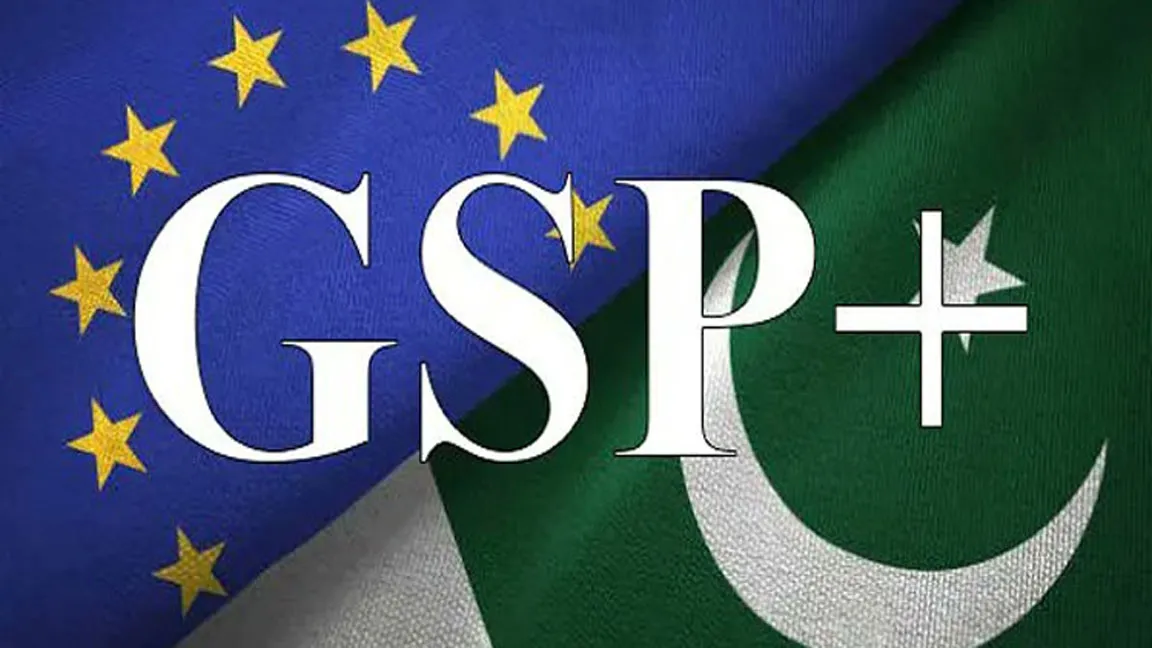Islamabad: Pakistan’s Generalised Scheme of Preferences Plus (GSP+) status with the European Union (EU), a crucial element of the country’s export strategy, is currently under a comprehensive review.
The European Commission is assessing Pakistan’s adherence to international standards concerning human rights, labor rights, environmental protection, and good governance.
This evaluation is part of a broader compliance review tied to the country’s continued eligibility under the preferential trade scheme, which has significantly boosted Pakistan’s exports to the EU since its inclusion in 2014.
According to Dr. Martin Henkelmann, CEO of the German Emirati Joint Council for Industry and Commerce (AHK UAE), and Florian Walther, the Council’s Pakistan Representative, the review process remains ongoing.
They emphasized that the GSP+ arrangement has played a vital role in Pakistan’s economic landscape, particularly in promoting export growth, creating employment opportunities, and encouraging economic diversification.
The scheme allows over 76% of Pakistani exports—predominantly textiles and garments—to enter EU markets duty-free.
This has enabled Pakistan’s exports to the EU to more than double, reaching €8 billion in 2023, including €2.4 billion to Germany alone, making the EU Pakistan’s largest trading partner.
The current review cycle, initiated in June 2022, resulted in the extension of Pakistan’s GSP+ benefits until 2027.
However, further access beyond that period will depend on the country’s ability to demonstrate consistent and measurable progress in implementing the 27 international conventions required under the scheme.
The recent visit of EU Special Representative for Human Rights Ambassador Olof Skoog in January 2025 highlighted the seriousness of the evaluation process.
The next monitoring mission is scheduled for June 2025, during which the EU will assess Pakistan’s reform efforts and determine future eligibility.
The revised GSP+ framework introduced by the EU includes new international conventions, more stringent procedural obligations, and the requirement for countries to submit detailed action plans outlining how they intend to meet compliance standards.
Pakistan has been granted a two-year transition period to adjust to these enhanced requirements.
Additionally, the extension of the monitoring cycle from two to three years reflects a more thorough and aligned evaluation process in line with international treaty standards.
These changes are intended to reinforce the integrity and effectiveness of the GSP+ arrangement.
There is a clear and ongoing dialogue between Pakistan and the EU regarding compliance and reform progress.
Officials from the German Emirati Joint Council noted that across engagements with Pakistani stakeholders—such as chambers of commerce, exporters, and trade associations—there is widespread recognition of the importance of retaining GSP+ benefits.
The understanding is that this preferential status is not just a commercial incentive but a catalyst for broader social and economic reform.
Read More: Planning Minister Proposes GSP-Plus and 5Es Framework Alignment
The consistent message from stakeholders is that progress on compliance is essential, not only to retain trade privileges but also to support long-term development goals.
However, retaining the GSP+ status under the stricter EU framework now hinges more than ever on Pakistan’s ability to demonstrate tangible and verifiable reforms.
While the duty-free access has greatly benefited Pakistan’s textile and garment sectors, sustaining this momentum will require improvements in areas such as human rights protections, labor standards, environmental sustainability, and institutional governance.
With exports under pressure and millions of jobs tied to EU market access, Pakistan’s ability to navigate these reforms effectively will be critical.
The GSP+ programme has been instrumental in advancing Pakistan’s export growth and has become a cornerstone of EU-Pakistan economic relations.
It is not only essential for maintaining competitive access to European markets but also vital for preserving employment and ensuring continued investor confidence.
Also Read: Pakistan’s Exports to Europe Surge to $3.8B in FY2024-25
As the monitoring mission approaches, Pakistan must continue to engage constructively with EU institutions and align its domestic policies with international commitments.
The coming months will be pivotal in determining whether Pakistan retains this advantageous trade status beyond 2027.









